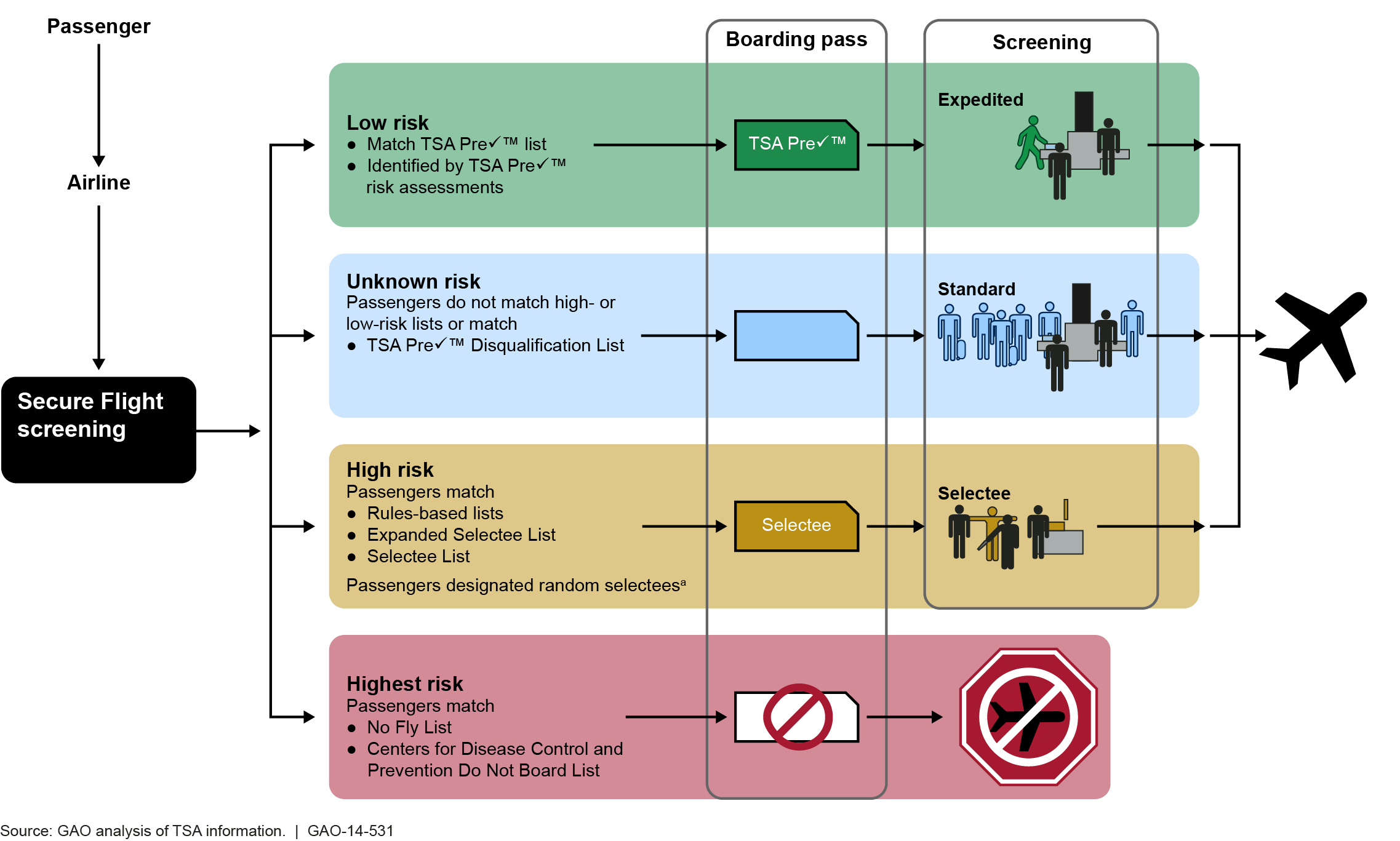Argentina takes lead in Latin American air travel surveillance
Argentina has promulgated regulations which will require operators of all flights in or out of the country to send copies of both Advance Passenger Information (API) and Passenger Name Record (PNR) data for each passenger and crew member to the government before any flight departs.
The new regulations are to be fully implemented within six months, and apply to all international flights including charters and general aviation as well as airlines.
This may seem surprising. Argentines remember the Dirty War and the ways that government dossiers about individuals were compiled and misused by the dictatorship. Argentina has been considered one of the leaders among Latin American governments in enacting legal protection for personal data. Argentina was the first country in Latin America to be certified by the European Union as providing adequate protection for personal data. But things can be different in practice than in theory.
The excuses offered by Argentine officials for this ratcheting-up of travel surveillance are typically examples of (1) laundering of travel surveillance and control policies through international organizations and (2) use of “because terrorism and drugs” as a pretext for measures actually intended and used for general law enforcement, tax collection, other government revenue generation, etc.
According to the regional English-language Latin American Herald Tribune:
Cabinet chief Jorge Capitanich and Tourism Minister Enrique Meyer on Friday rebuffed criticisms of a rule obliging airline operators to answer a questionnaire of 32 queries about passengers on international flights, ranging from their identity to their seating preferences to how many suitcases they carry.
Capitanich … said the questionnaire does not constitute an additional control on passengers.
“The requisites for trips abroad now are no different from what they were before – the database has simply been unified to comply with international regulations,” he said during his daily press conference.
The tourism minister also said that, … “In fact, the passenger has no say in this matter, they’re measures that the International Civil Aviation Organization is requiring of all countries,” he told Argentine radio.
In fact, no “international regulations” require the collection, retention, or provision to governments of any of this data — only rules of specific countries such as the USA and now Argentina. The ICAO white paper on transfers of PNR data to governments, Document 9944, is explicitly a set of nonbinding “guidelines” suggesting how PNR transfers should be carried out, if they are required by specific countries.
And according to Argentina’s English-language newspaper of record, the Buenos Aires Herald:
The government said that the information will be used in the fight against “drug trafficking, international terrorism, human trafficking and illegal migration.”
Other observers immediately suggested that the real purpose of the new regulations is to control the outflow of hard currency prompted by the growing disparity between the official and black-market exchange rates of the Argentine peso, along with fears of further devaluation, another currency freeze, or more bank failures.
By taking a conspicuous leading role in adopting travel surveillance and control measures that the US has been trying to globalize (with little success until now, particularly in Latin America) as part of the “war on terror”, and labeling them as “counter-terrorist” measures, Argentina may be hoping to curry favor with the US and perhaps gain diplomatic capital that Argentina can use in negotiations with the US regarding Argentina’s default on its sovereign debt.
